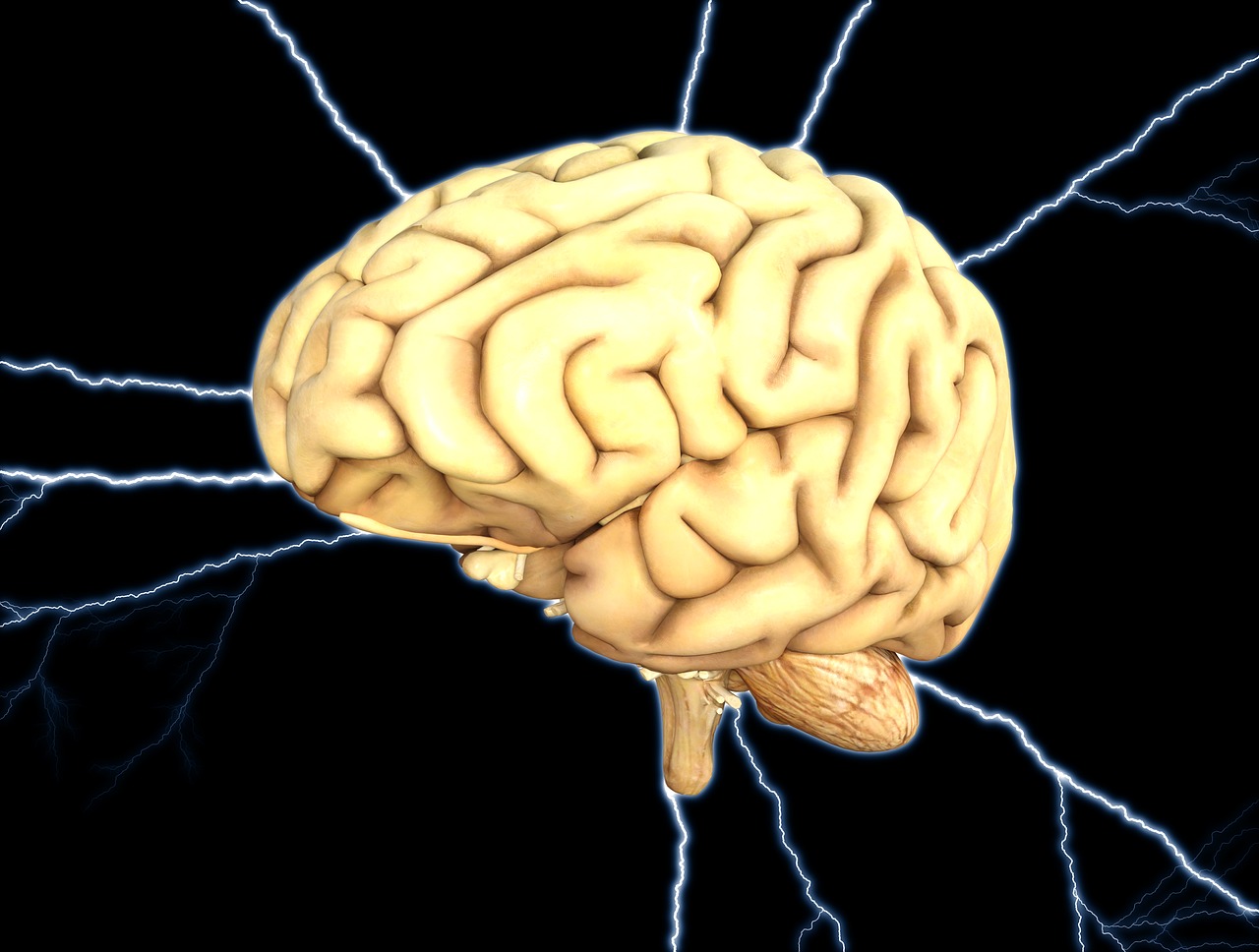News
Even “mild” concussions increase risk of Parkinson’s disease

Even a “mild” concussion that heals within a week or two may have lifelong repercussions according to a new study published in the journal Neurology. The results, from a study of over 160,000 veterans found that individuals with a history of traumatic brain injury (TBI) faced a higher risk of being diagnosed with Parkinson’s later in life.
Past research has already shown that severe TBI increases the risk of Parkinson’s, but this is the first study to find a similar link with mild traumatic brain injury – more commonly referred to as a concussion.
Over half of the veterans involved in the study had a history of only mild head injury, but this group showed a 56% higher chance of being diagnosed with Parkinson’s compared to those with no history of TBI. Those with more severe head injuries faced even higher chances.
“This is the highest level of evidence so far to establish that this association is a real one and something to be taken seriously,” Dr. Raquel Gardner, the study’s lead author and an assistant professor of neurology at University of California, San Francisco (UCSF) and the San Francisco VA Medical Center, told ABC News.
While a TBI appears to increase the risk of Parkinson’s, the study authors say the disease is still relatively rare.
“Even in our study, the vast majority of veterans who had a traumatic brain injury [more than 99 percent] did not get Parkinson’s disease. So the risk is low on the individual level,” Gardner explained.
The researchers say they believe the association is explained by the release of a protein called “alpha-synuclein” into the fluid surrounding the brain after a brain injury. This protein is specifically associated with the development of Parkinson’s, but more research will be needed to fully understand the link between TBI and Parkinson’s.
“The TBI might directly trigger changes in the brain that weren’t there before. The other possibility is that maybe there was a process already happening in the brain and the person might have gotten Parkinson’s disease [anyway] many years later. But the brain injury made the symptoms come on sooner and the diagnosis come sooner,” Gardner explained. “We need more studies to unravel the biology behind what’s going on here.”



